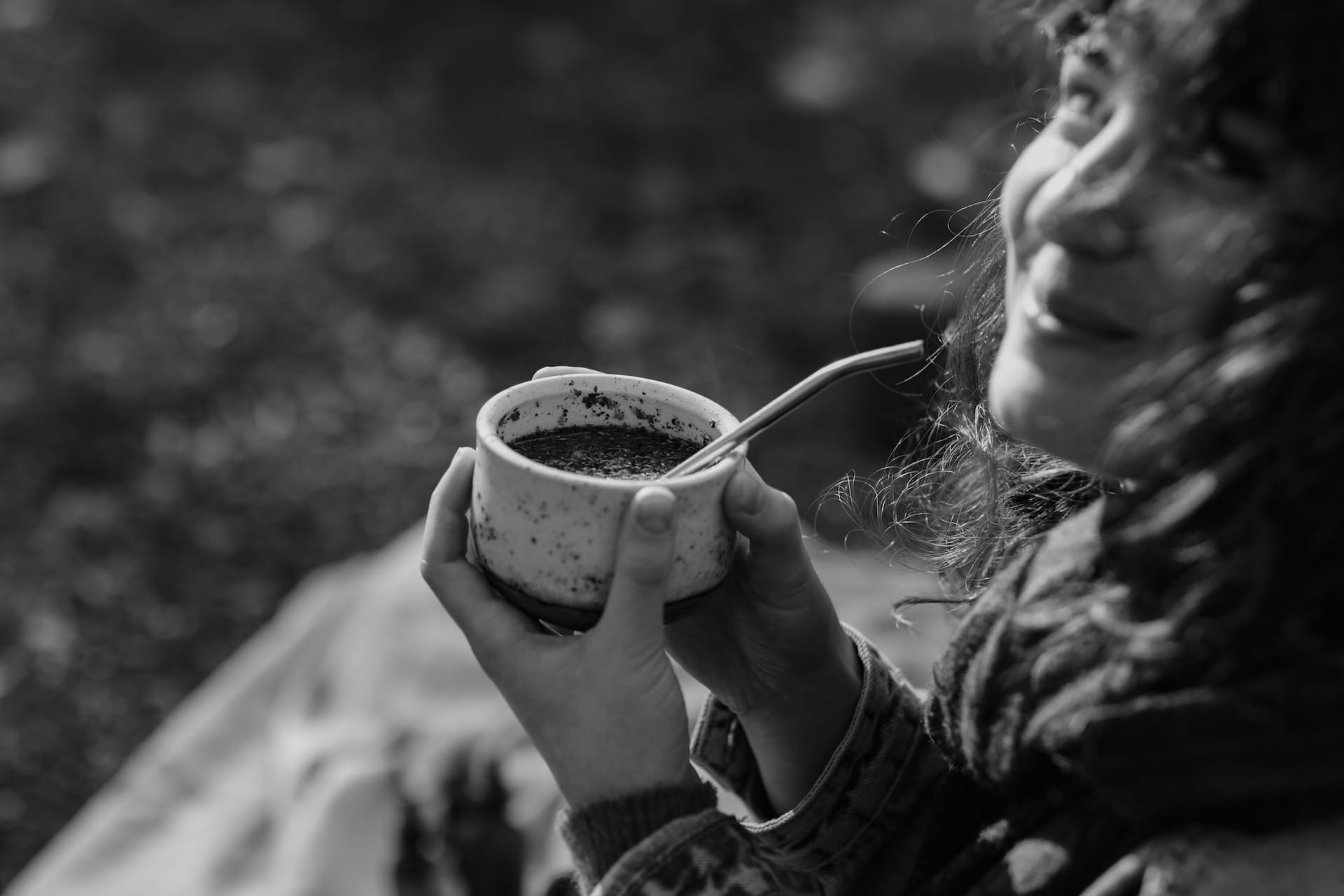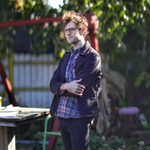Self care & showing up for our community

In my one-on-one work with clients, I often focus on wellness goals that are very much framed in physiological terms (address hormone ecology, autoimmune support, stress and anxiety relief, etc..), but I also ask my clients to envision outcomes of our work together that are not explicitly stated in typical health terms.
One desired outcome that comes up a lot is: "I want to be able to show up more fully for my family, children, friends or community.”
This can mean a lot of things and looks different for every person, but regardless of the unique form it may take for each person, it always means showing up for our own well-being first.
As Mia Birdsong puts it in How We Show Up: Reclaiming Family, Friendship, and Community:
“I can better support the people in my life if my own well-being is tended to. I am a better parent, partner, and friend when I engage in regular emotional hygiene and I'm not leaking all over the people around me. I can be more present for my community when I'm well rested and caring for my body. When I get sloppy about sleep, exercise, nutrition, relaxation, and any number of things that support my physical and emotional well-being, I'm not as kind, patient, or available to my loved ones. That means I have to show up for myself first.”
Birdsong goes on to discuss the differences between ‘self-soothing’ (things that provide distraction and/or comfort in difficult times – things like binge-watching TV, eating ice cream, and other such behaviors) and ‘self-care’ (things that help you find meaning in your life and support your growth, presence, and groundedness in the world – things like meditation, setting and maintaining boundaries, engaging in therapy, cooking nourishing meals for oneself and others).
Just from the examples above, we start to see that self-care requires effort and work, whereas self-soothing is what we tend to default to when the goings get tough (which, by the way, is absolutely understandable and completely okay from time to time!)
My mentor put it in different terms: short-term hedonism vs long-term hedonism. Defining ‘hedonism’ as sensual self-indulgence, self-soothing can be considered a kind of short-term hedonism, while self-care is long-term hedonism. If we're looking to live rich, deep, and meaningful lives with a strong sense of connection and relationship in our human and nonhuman communities, long-term hedonism is what we need to aim for.
That said, it can be hard to find the motivation to carve out space and time for genuine self-care in our lives. But if we zoom out beyond just the individual benefits we may ‘accrue’ from these activities, we'll be able to see how self-care can nurture our ability to show up more fully for our community, and maybe we might just feel a deeper call to dive in.
While I love nerding out about herbs with my clients, I probably spend more time supporting my clients in developing rituals that emphasize rest and genuine self-care (i.e. cultivating long-term hedonism). Herbs help here, but so does mindset, approach, and accountability.
If you're looking for an extra pair of eyes and some support in cultivating a self-care routine, feel free to book a session with me!


Member discussion